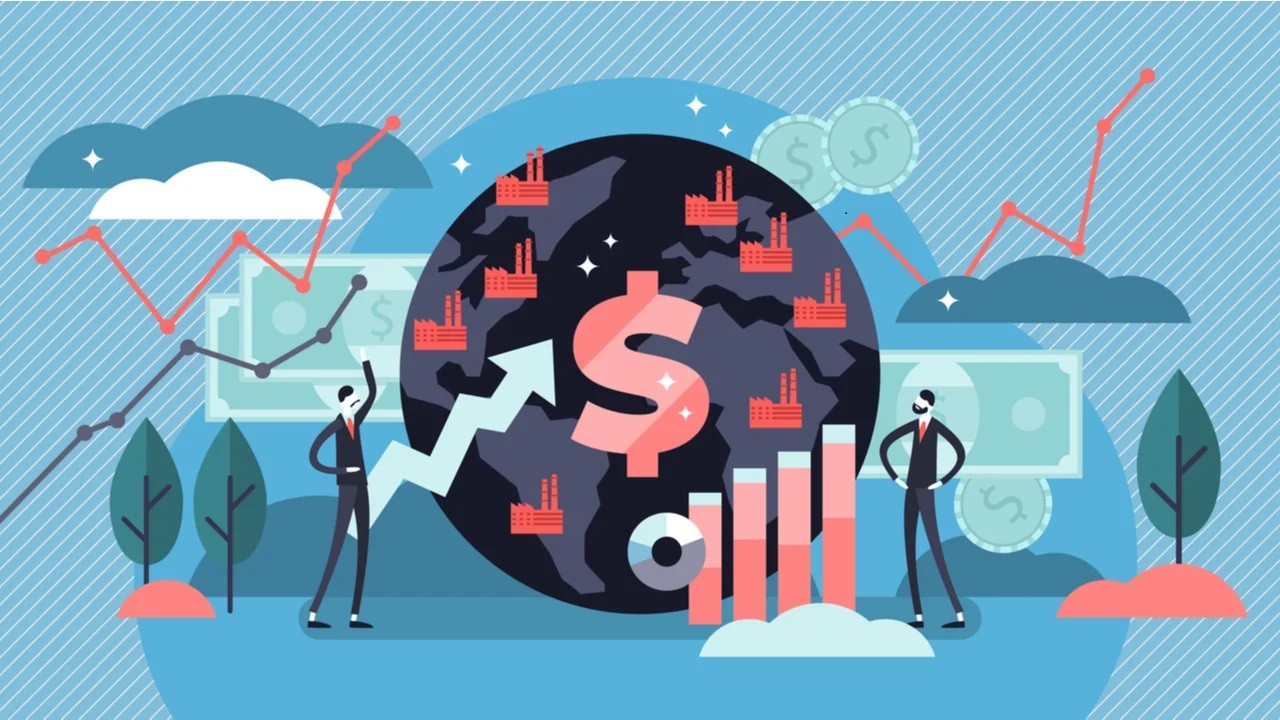Now, the numerous backups installed after another earlier cut to cables back in 2021 ensured almost no-one noticed or was affected much. But it does explain why today there are rotations of both US and UK marines on Svalbard. The island is slowly being militarized.
No-one has been held to account for the incident, though early comments suggested it was not an accident. Since then, the verdict has changed to one of definitely involving ‘human interference’. Is there a European country who felt it was in their best interests to do this?
Then there is this huge oil discovery in Britain’s Antarctic claim area. Britain and other allied nations abide by the 1988 commercial protocol to the 1959 Antarctic Treaty, which prohibits seabed extraction there.
Other nations might be less likely to honour these mining bans and environmental priorities, especially as we near 2048, which is when three-quarters of the twenty-nine signatories can renegotiate the Antarctic mining ban.
China and Russia are busy trying to overturn the ban. Both are prospecting here, too. Russia and China are not alone. Iranian Navy Commander Rear Admiral Shahram Irani recently said, “We have property rights there (in Antarctica), and they belong to the [Iranian] public.” “Our plan is to raise the flag there.”
Well, ok then?!
The Argentines are making renewed noises about challenging Britain’s claim to the Falkland Islands (again!) since Antarctica’s massive newly discovered oil beds extend into the surrounds of these islands.
These claims only accelerated when Britain began preparing twenty-three wells to extract oil from the Sea Lion oilfield, which lies north of the Falkland Islands and outside the banned areas.
Can you start to appreciate how the pressure globally is starting to ramp up. This is in fact classic late-stage K-wave behaviour.
I can’t even sit here in my Australian based office and point fingers either. Australia also has an Antarctic Claim.
It includes 42% of the continent and 6 million sq kilometres and is the largest by far of all the Antarctic Claims. Seven states in total have official claims on Antarctic territory. Other nations have no claim but do have various research facilities there, such as China, Pakistan, and Italy – to name but three.
However, there are other things present that are now luring these same nations to the South Pole: uranium, manganese, iron ore, and coal, in addition to oil and protein in the form of seafood. The value of all this black gold in Antarctica and digital gold in the Arctic is now indisputable.
Look at a map of the globe. Notice the proximity of both Britain and Australia to the north and south poles respectively. Is it that hard to imagine the absolute riches and cold hard currency available to both these countries “might” prompt a change of policy here?
No knowledge is more important today than this.
Now, I don’t want to come across as an alarmist. I do, however, think very few people are acknowledging the set-up here. Nor how the dominoes are starting to line up or how they are likely to fall.
But it is time now for you to use hindsight to develop your foresight. I’ve no idea what is going to happen tomorrow, nor can I say with certainty what happens when two important cycles reach their respective peaks in such close proximity to each other.
But what I can say is this. My knowledge of the 18.6-year Real Estate Cycle, its history, and why it continues to repeat like clockwork for over 200 years now, provides that critical perspective and clarity across most of what I see in the world today.
There are wars, current and new, brewing up everywhere today. Perhaps what I’ve covered will be yet another sad example of this trend continuing to grow?
Argentina’s Foreign Minister has already vowed to “recover full sovereignty” over the Falkland Islands, while Britain insists its position on sovereignty of those islands is “unwavering.” Do you think both sides are joking? Will both countries fight again over these remote islands? Even more important is this.
This entire exercise here simply demonstrates to you “why” we have a real estate cycle. Real estate cycles are driven by chasing economic rent – windfall profits. You and I will mostly see it in rising house (really, land) prices.
In the wider world, it can been in the chase for commodities and locations that are the gates to the digital world. The behaviour is no different. People and nations do whatever it takes to grab the unearned natural economic rent of the earth and keep it for themselves.
The UK and Australia have specific yet relatable economic issues which are now systemic. These cannot be overcome by their respective governments, nor is there political will or appetite to look facts square in the face and take the hard decisions necessary to fix them.
If these nations lead us all to war to secure these resources, will the cost in human lives and national treasure really be worth it when the dollar value of these commodities falls through the floor at the conclusion of both cycles?
We are entering troubling times. And I want nothing more than for you to have the chance to both profit and protect you and your family’s wealth and health for the remainder of this decade.
The cycles I speak of today are unknown to world leaders. The chase they seem insistent on leading their respective nations down will lead to ruin. You can’t trust such people, but you can trust our research.
Take full advantage of the time remaining and become our latest Boom Bust Bulletin (BBB) member. Learn the hidden order of the economy to truly understand why the world is what it is today. By understanding why the 18.6-year Real Estate Cycle continues to repeat, on time, and the factors that truly drive this.
For just $4USD a month you too can develop your own market edge and view the world economy via the lens of the real estate cycle, like I’ve demonstrated here.
No-one can stop the real estate and Kondratieff cycles from reaching the end of their natural lives. They both must peak, then bust, in order to begin afresh and begin their next cycle.
In the meantime, the world will continue to reverberate to the beat of mankind’s endless quest to earn something for nothing. Look around you, almost no one is prepared for this.
If you can survive the fallout, you will be the first and best positioned beneficiaries of the inevitable rebound as the next cycle starts.
All you need is a little knowledge. And $4USD a month.
So, get to it – sign up now.
|







